The new Royal Decree will remain open for public consultation until 24 October, although the sector does not foresee significant changes being demanded. Which areas hold the greatest potential under the new provisions?
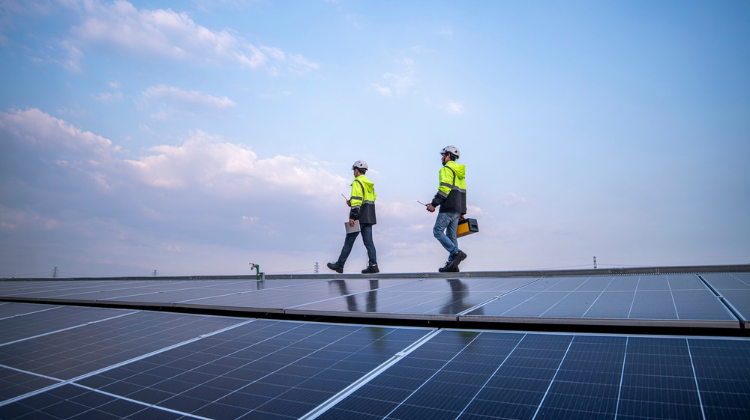











The new Royal Decree will remain open for public consultation until 24 October, although the sector does not foresee significant changes being demanded. Which areas hold the greatest potential under the new provisions?

Nineteen PPAs totalling 653 MW were signed, driven by corporate agreements in Italy and Spain. While volumes increased compared to August, the solar share continues to decline and the market approaches year-end cautiously.
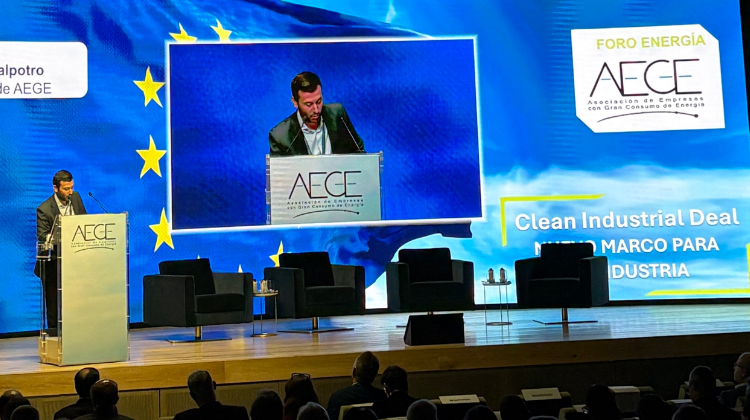
During the AEGE Energy Forum 2025, industry representatives proposed a new model of three-party contracts between the public sector, energy producers and electro‑intensive consumers — a formula aimed at reducing volatility and accelerating decarbonisation.
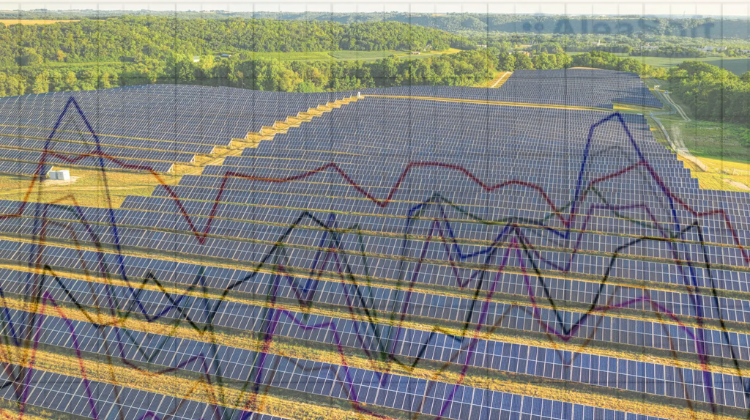
Photovoltaic production reached historic records for a single day in October in the main European markets, and wind energy also reached record levels in several of them. The increase in renewable generation, along with lower electricity demand in most markets and the drop in gas prices, were the main factors behind the price decline. For their part, CO2 futures reached their highest settlement price since mid-February, above €79/t, and Brent futures reached their lowest since the end of May.
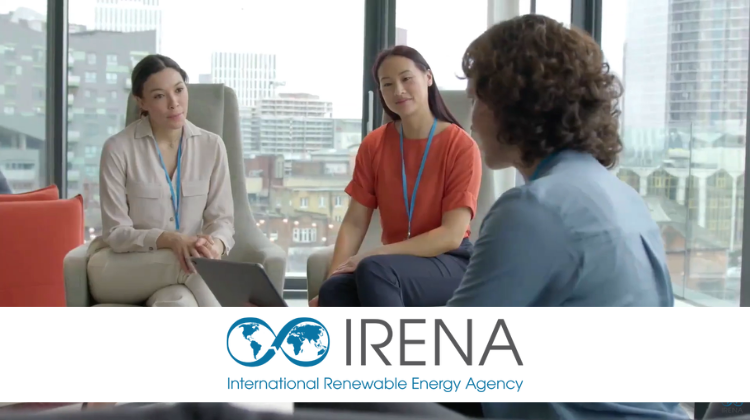
Strategies must target persisting underrepresentation of women across the global renewable energy landscape.
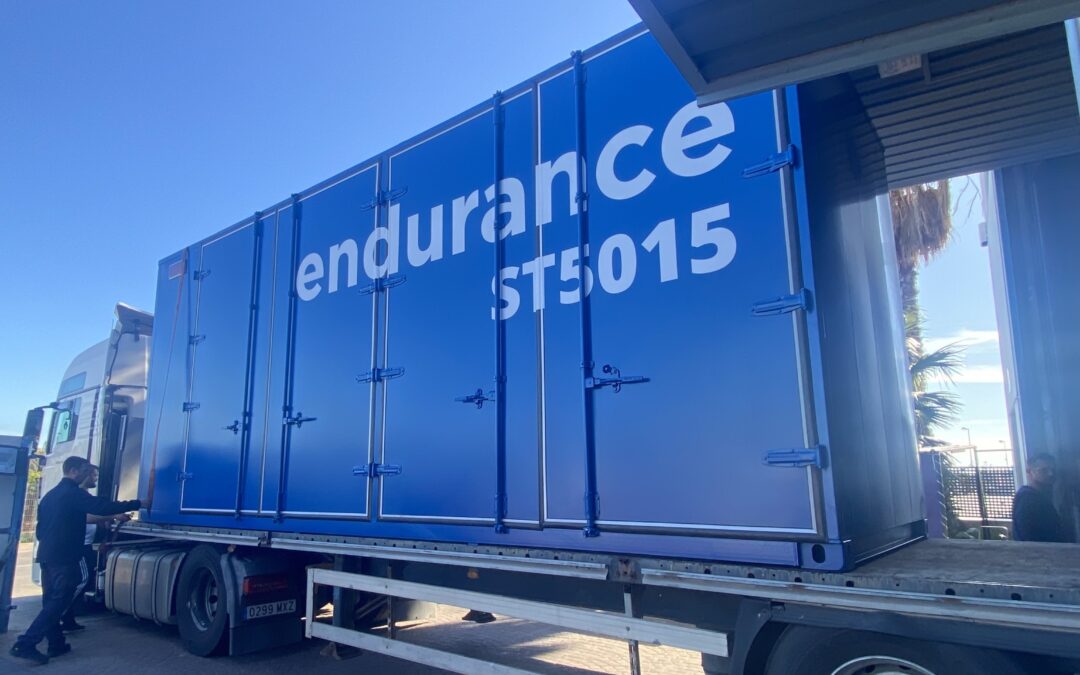
With the acquisition of grid access permits for both generation and demand, Endurance is making progress in its growth plan after closing an agreement with Kenergy that will bring 800 MWh to market.
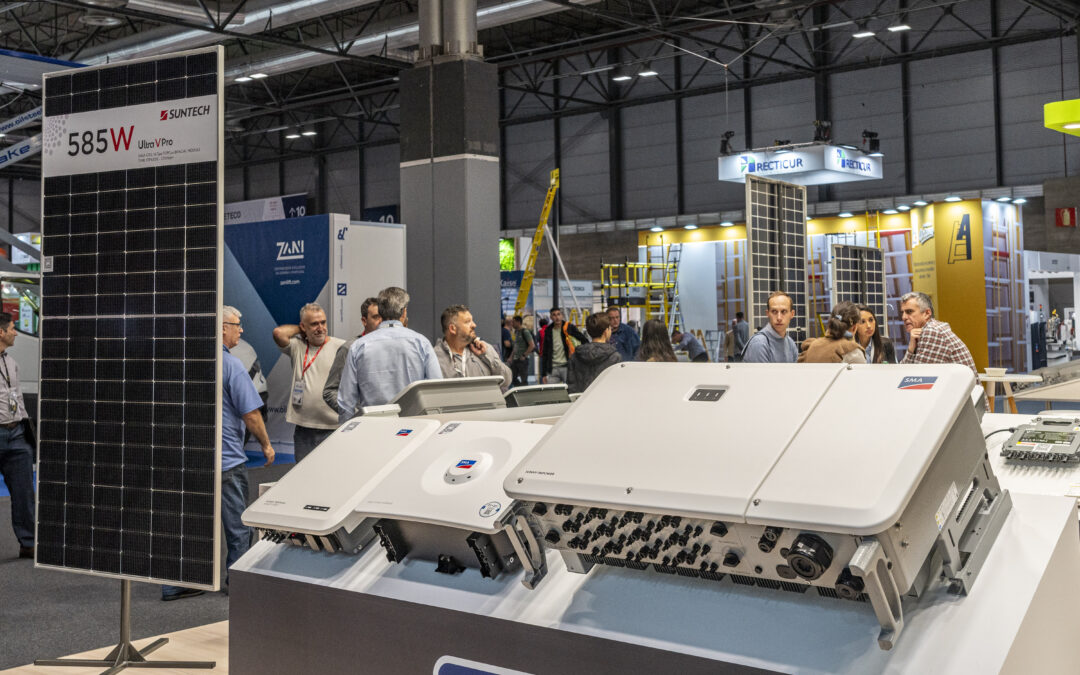
The International Electrification and Decarbonization Week will feature over 34,000 square meters of exhibition space where you can discover the latest developments in renewable energy, electrification, and technological solutions for the electrical industry. The International Electrification and Decarbonization Week, which includes the GENERA and MATELEC trade fairs, will be held from November 18 to 20, 2025, at IFEMA Madrid.
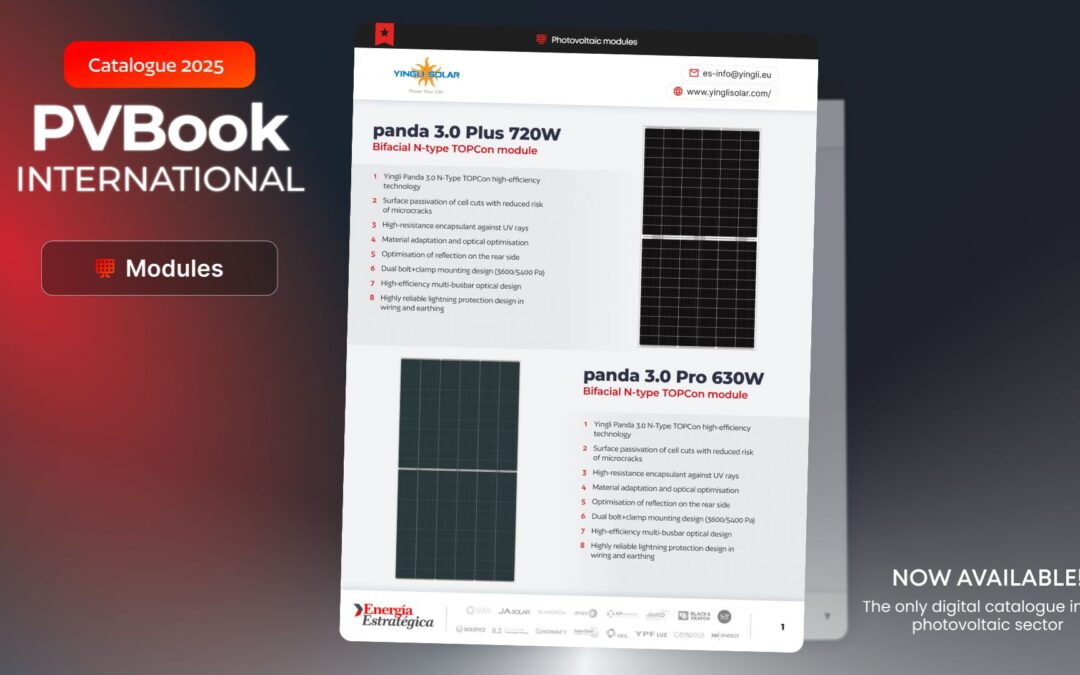
The Chinese company stands out with its high-efficiency bifacial modules Panda 3.0 Plus 720W and Panda 3.0 Pro 630W in the PVBook 2025 international catalog, prepared by Energía Estragica.
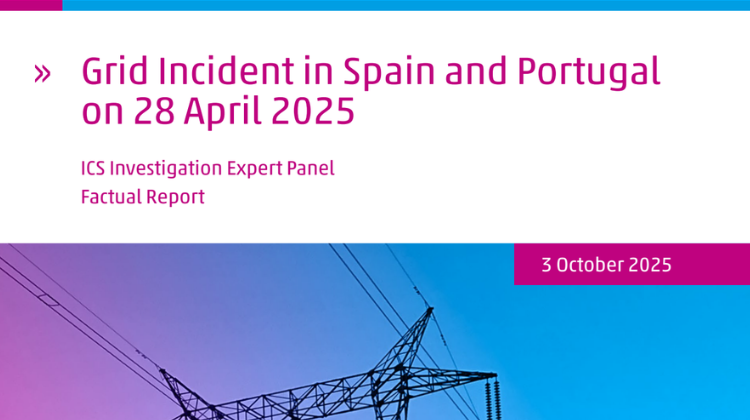
Over 80% acknowledge human impact on the climate crisis, yet most fell for false claims about the 28 April blackout. A study warns that digital manipulation is threatening public debate in Spain and the United Kingdom.
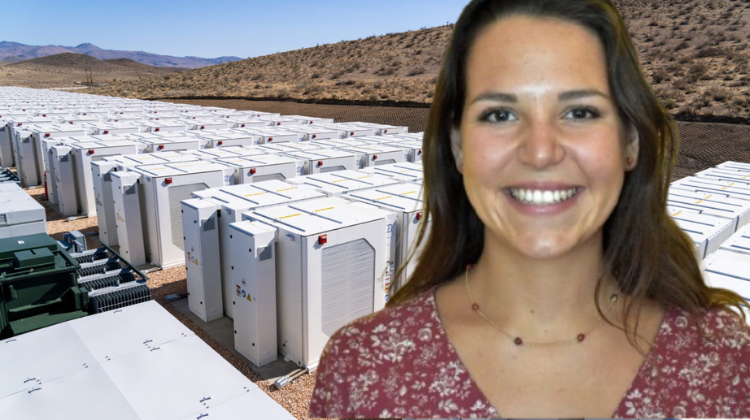
Following the record prices achieved in the first battery auction, Laura Susta, advisor at Our New Energy, warns that the immediate future will be shaped by the behaviour of the free market. The major question is whether PPAs, tolling and merchant models will align with MACSE values or follow different paths.
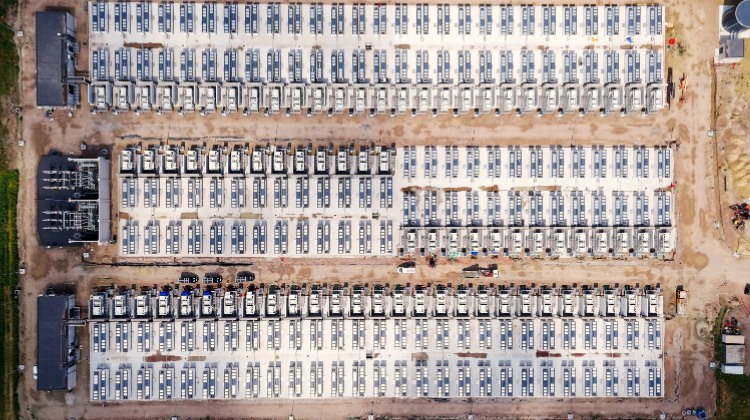
The system, deployed in the United Kingdom, integrates Sungrow’s inverters and storage solutions with grid response capability, ensuring operational stability and facilitating the integration of more renewable projects in the country.

Terna’s first auction for 10 GWh of storage closed with an average price of €12,959/MWh-year, well below the ceiling of €37,000/MWh-year. While the market celebrates the competitiveness, experts raise concerns over profitability and highlight merchant options and new revenue structures.
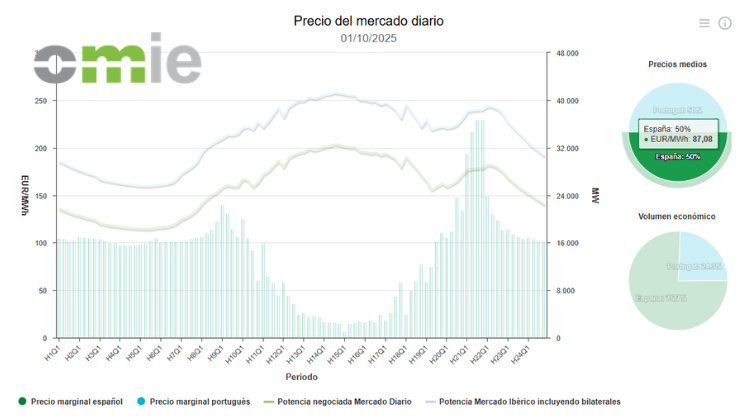
Industry representatives stress that the change sharpens price signals, reduces deviations, demands greater forecasting accuracy and, at the same time, opens up new opportunities for profitability, flexibility, storage and demand management.
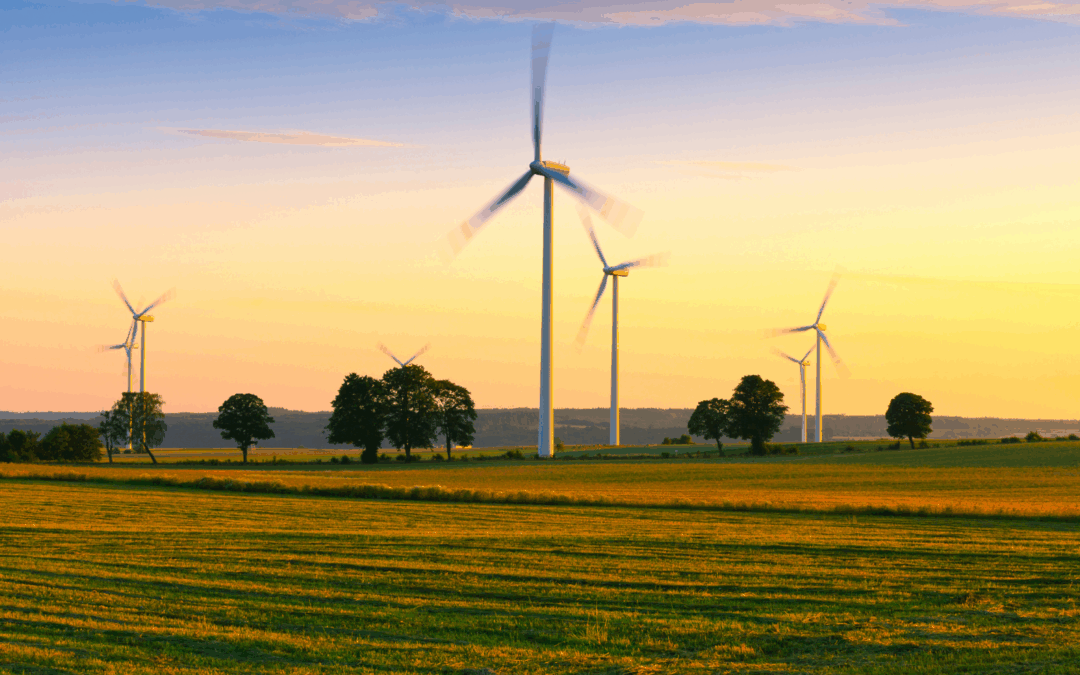
The study will develop surveys and debates on aspects related to the energy transition, such as renewable deployment, electric mobility or self-consumption, among other issues. Its results will guide the design of new public policies to drive this transformation and take advantage of the economic and industrial benefits associated with the country’s renewable potential. It will have a total budget of 355,000 euros, of which 70% will be covered by the Institute, while the CIS will assume the remainder.
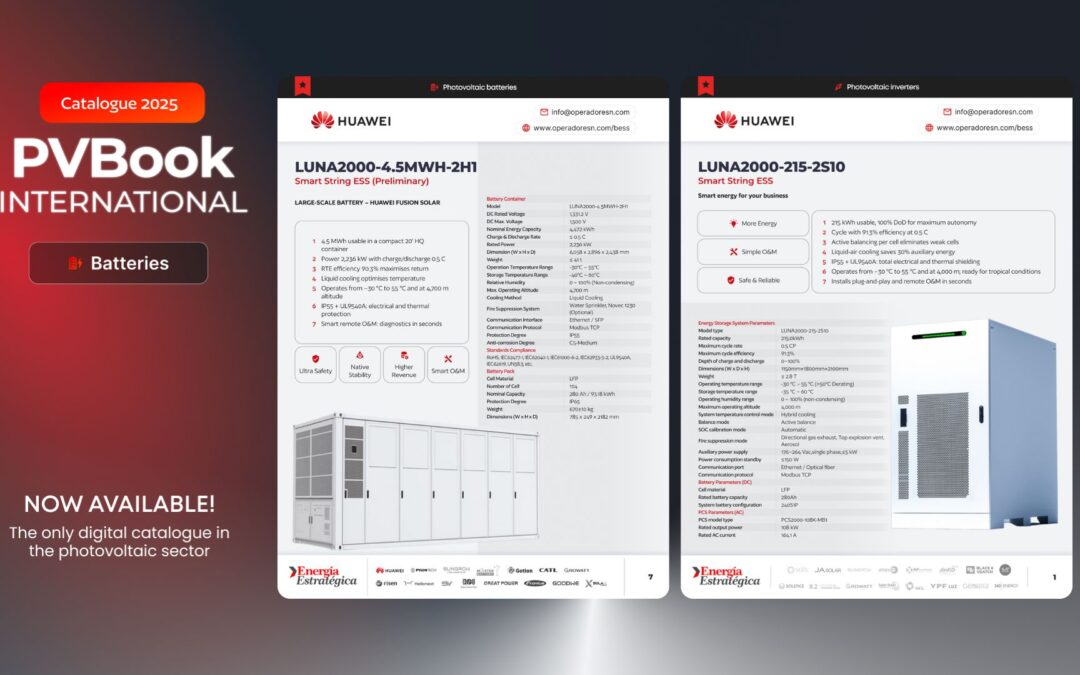
The company is showcasing its utility-scale storage solution at PVBook, with 4.5 MWh of usable capacity per container, reinforcing its strategy to meet the growing demand for backup in large solar projects.
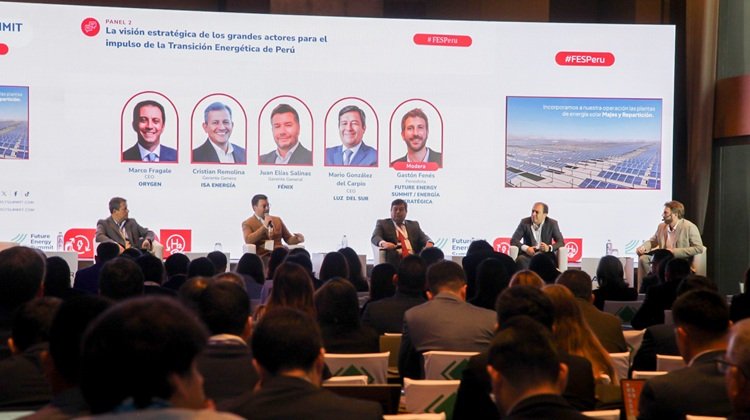
Future Energy Summit presented the new map of renewable investments in the country alongside more than 400 industry leaders. During the event, plans for future NCRE and BESS plants were detailed, as well as solar energy price projections below USD 35/MWh.
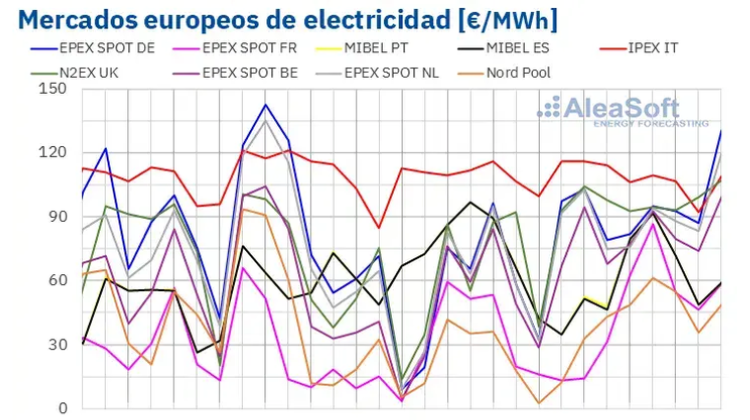
In the fourth week of September, weekly prices increased in most of the main European electricity markets, almost all exceeding €60/MWh. The arrival of autumn brought colder temperatures that boosted demand in most markets, in addition to a decrease in photovoltaic production. Wind energy production also fell in several markets. In contrast, wind energy production increased in the Iberian Peninsula, and demand fell in Spain, Portugal, and Italy, which led to lower prices in these markets.
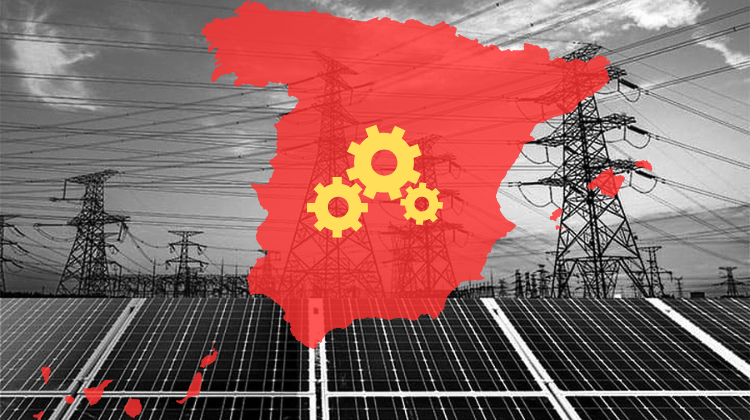
The Ministry aims to publish the draft in October. The regions broadly support the approach but call for more capacity for industry and hydrogen, denser territorial coverage and stronger security of supply; some also seek additional investment and greater agility.
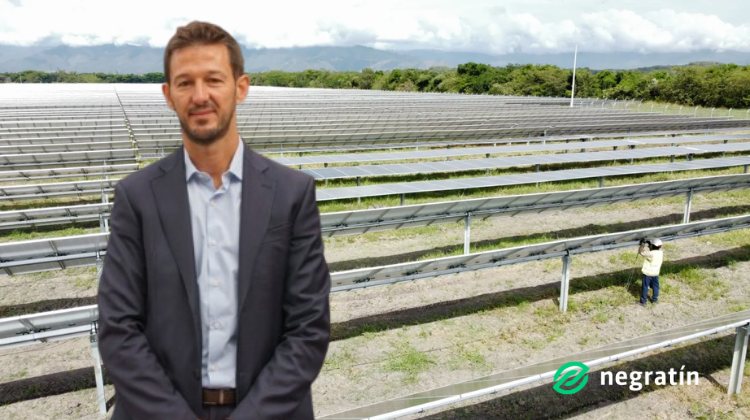
With more than 1.1 GW installed in Spain and 120 MW in Italy, Negratín Global Services projects 2–3 years of contractual visibility and is preparing its expansion as an IPP, with a strong focus on hybrid projects with batteries.
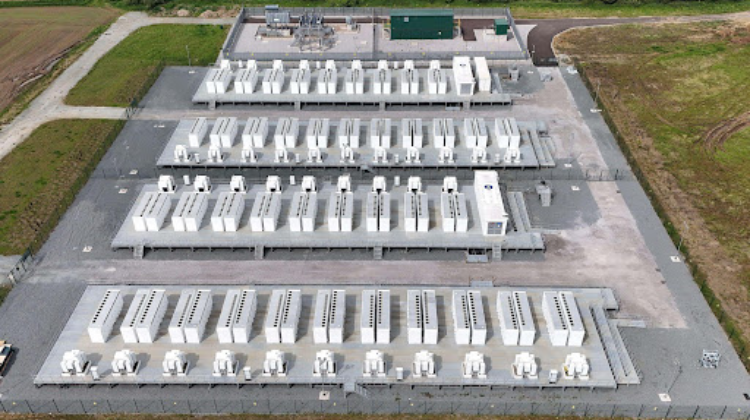
Ofgem is today (Tuesday 23 September) confirming the 77 projects entering the final assessment stage of a government-driven ‘super battery’ support scheme designed to secure investment, promote growth and stop green energy going to waste.
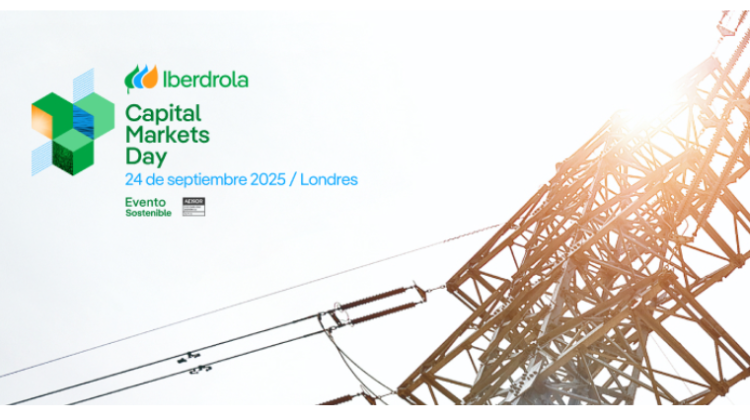
The group will invest €58 billion through to 2028, focusing on the UK and the US, and aims to increase its regulated asset base to €70 billion, while surpassing 60 GW of installed renewable capacity.

The new Royal Decree will remain open for public consultation until 24 October, although the sector does not foresee significant changes being demanded. Which areas hold the greatest potential under the new provisions?

Nineteen PPAs totalling 653 MW were signed, driven by corporate agreements in Italy and Spain. While volumes increased compared to August, the solar share continues to decline and the market approaches year-end cautiously.

During the AEGE Energy Forum 2025, industry representatives proposed a new model of three-party contracts between the public sector, energy producers and electro‑intensive consumers — a formula aimed at reducing volatility and accelerating decarbonisation.

Photovoltaic production reached historic records for a single day in October in the main European markets, and wind energy also reached record levels in several of them. The increase in renewable generation, along with lower electricity demand in most markets and the drop in gas prices, were the main factors behind the price decline. For their part, CO2 futures reached their highest settlement price since mid-February, above €79/t, and Brent futures reached their lowest since the end of May.

Strategies must target persisting underrepresentation of women across the global renewable energy landscape.

With the acquisition of grid access permits for both generation and demand, Endurance is making progress in its growth plan after closing an agreement with Kenergy that will bring 800 MWh to market.

The International Electrification and Decarbonization Week will feature over 34,000 square meters of exhibition space where you can discover the latest developments in renewable energy, electrification, and technological solutions for the electrical industry. The International Electrification and Decarbonization Week, which includes the GENERA and MATELEC trade fairs, will be held from November 18 to 20, 2025, at IFEMA Madrid.

The Chinese company stands out with its high-efficiency bifacial modules Panda 3.0 Plus 720W and Panda 3.0 Pro 630W in the PVBook 2025 international catalog, prepared by Energía Estragica.

Over 80% acknowledge human impact on the climate crisis, yet most fell for false claims about the 28 April blackout. A study warns that digital manipulation is threatening public debate in Spain and the United Kingdom.

Following the record prices achieved in the first battery auction, Laura Susta, advisor at Our New Energy, warns that the immediate future will be shaped by the behaviour of the free market. The major question is whether PPAs, tolling and merchant models will align with MACSE values or follow different paths.

The system, deployed in the United Kingdom, integrates Sungrow’s inverters and storage solutions with grid response capability, ensuring operational stability and facilitating the integration of more renewable projects in the country.

Terna’s first auction for 10 GWh of storage closed with an average price of €12,959/MWh-year, well below the ceiling of €37,000/MWh-year. While the market celebrates the competitiveness, experts raise concerns over profitability and highlight merchant options and new revenue structures.

Industry representatives stress that the change sharpens price signals, reduces deviations, demands greater forecasting accuracy and, at the same time, opens up new opportunities for profitability, flexibility, storage and demand management.

The study will develop surveys and debates on aspects related to the energy transition, such as renewable deployment, electric mobility or self-consumption, among other issues. Its results will guide the design of new public policies to drive this transformation and take advantage of the economic and industrial benefits associated with the country’s renewable potential. It will have a total budget of 355,000 euros, of which 70% will be covered by the Institute, while the CIS will assume the remainder.

The company is showcasing its utility-scale storage solution at PVBook, with 4.5 MWh of usable capacity per container, reinforcing its strategy to meet the growing demand for backup in large solar projects.

Future Energy Summit presented the new map of renewable investments in the country alongside more than 400 industry leaders. During the event, plans for future NCRE and BESS plants were detailed, as well as solar energy price projections below USD 35/MWh.

In the fourth week of September, weekly prices increased in most of the main European electricity markets, almost all exceeding €60/MWh. The arrival of autumn brought colder temperatures that boosted demand in most markets, in addition to a decrease in photovoltaic production. Wind energy production also fell in several markets. In contrast, wind energy production increased in the Iberian Peninsula, and demand fell in Spain, Portugal, and Italy, which led to lower prices in these markets.

The Ministry aims to publish the draft in October. The regions broadly support the approach but call for more capacity for industry and hydrogen, denser territorial coverage and stronger security of supply; some also seek additional investment and greater agility.

With more than 1.1 GW installed in Spain and 120 MW in Italy, Negratín Global Services projects 2–3 years of contractual visibility and is preparing its expansion as an IPP, with a strong focus on hybrid projects with batteries.

Ofgem is today (Tuesday 23 September) confirming the 77 projects entering the final assessment stage of a government-driven ‘super battery’ support scheme designed to secure investment, promote growth and stop green energy going to waste.

The group will invest €58 billion through to 2028, focusing on the UK and the US, and aims to increase its regulated asset base to €70 billion, while surpassing 60 GW of installed renewable capacity.

Select the sector you
want to know more about
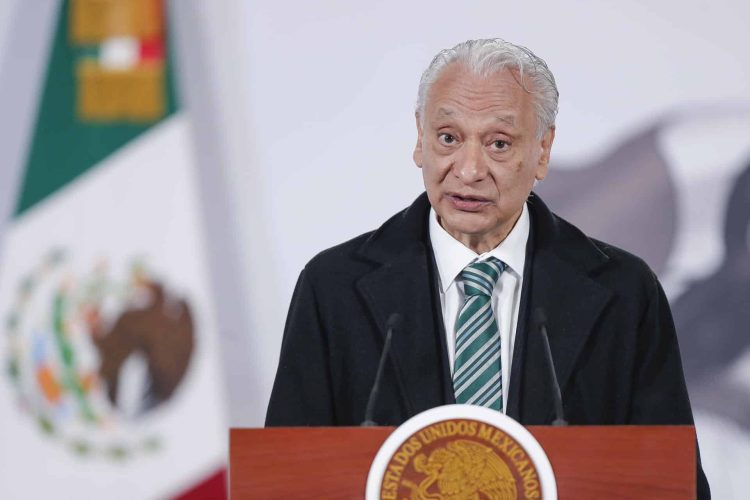
The Mexican state-owned oil company has presented a forward-looking strategy centred on clean energy sources, including offshore wind, geothermal power and green hydrogen, signalling a strategic shift in its long-term business model and Mexico’s energy transition.
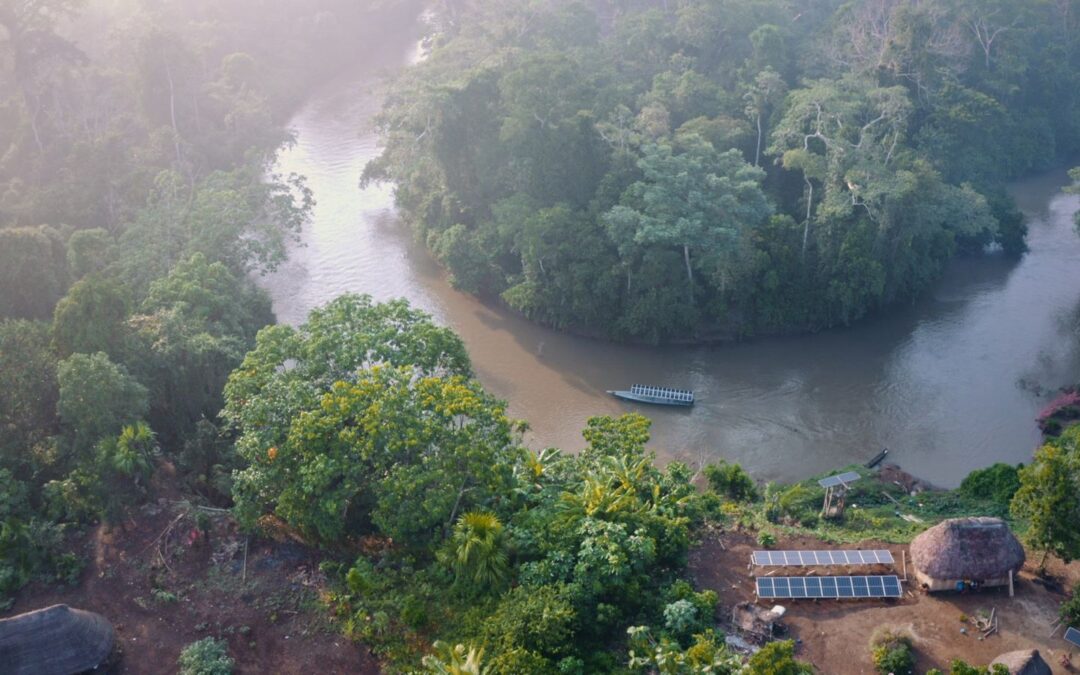
Based in the Achuar territory of Ecuador, this electric river transport model combines Indigenous technicians, community solar charging stations and jungle-adapted motors. The goal is to replace fossil fuels and offer a sustainable alternative to road expansion in strategic areas of the Amazon basin.
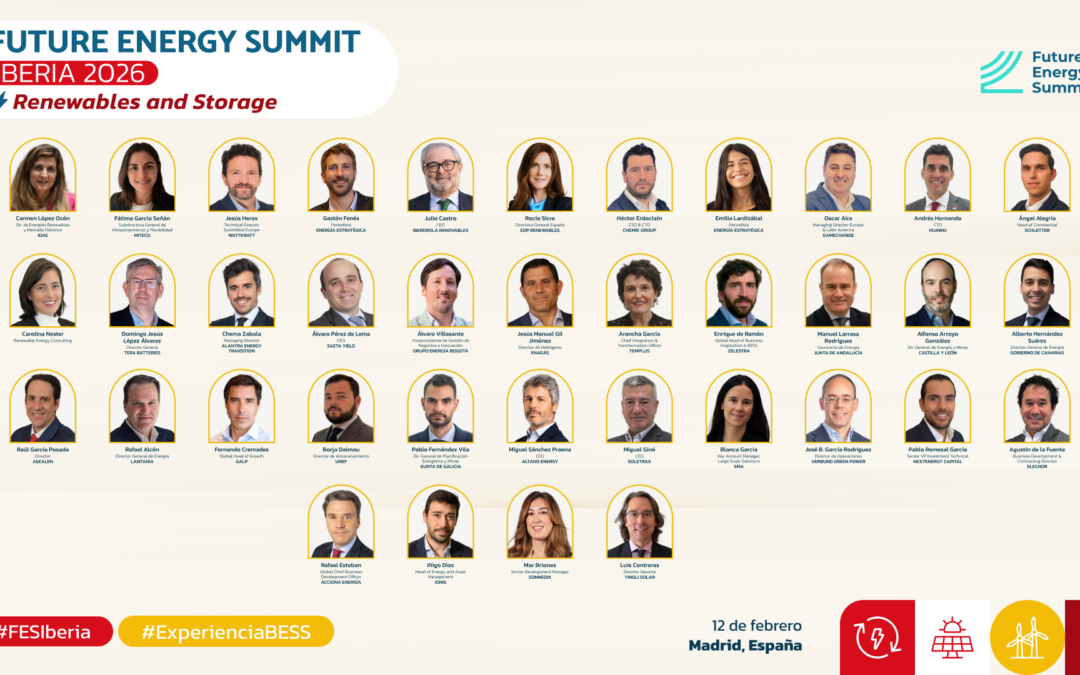
More than 40 confirmed speakers – including leading CEOs and senior regional government officials – will headline the event that opens the 2026 Future Energy Summit calendar, amid regulatory acceleration, new projects in the pipeline and growing opportunities for energy storage across the Iberian Peninsula.